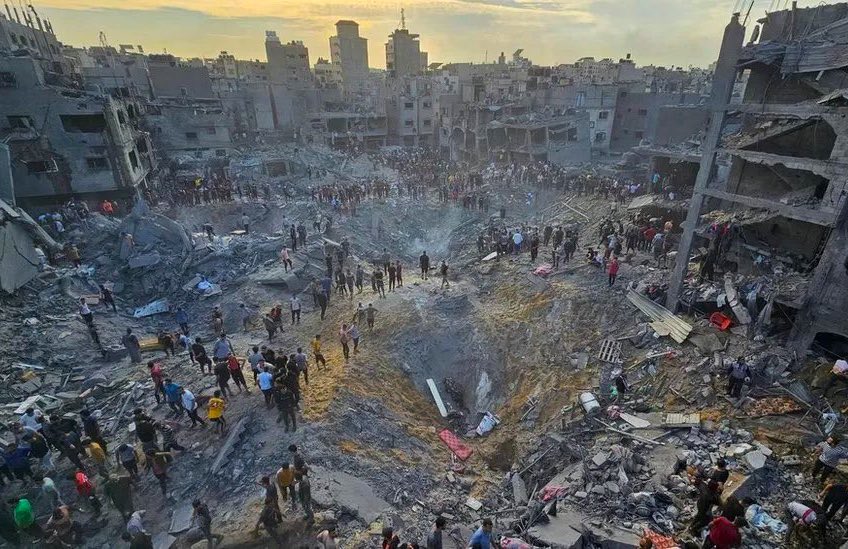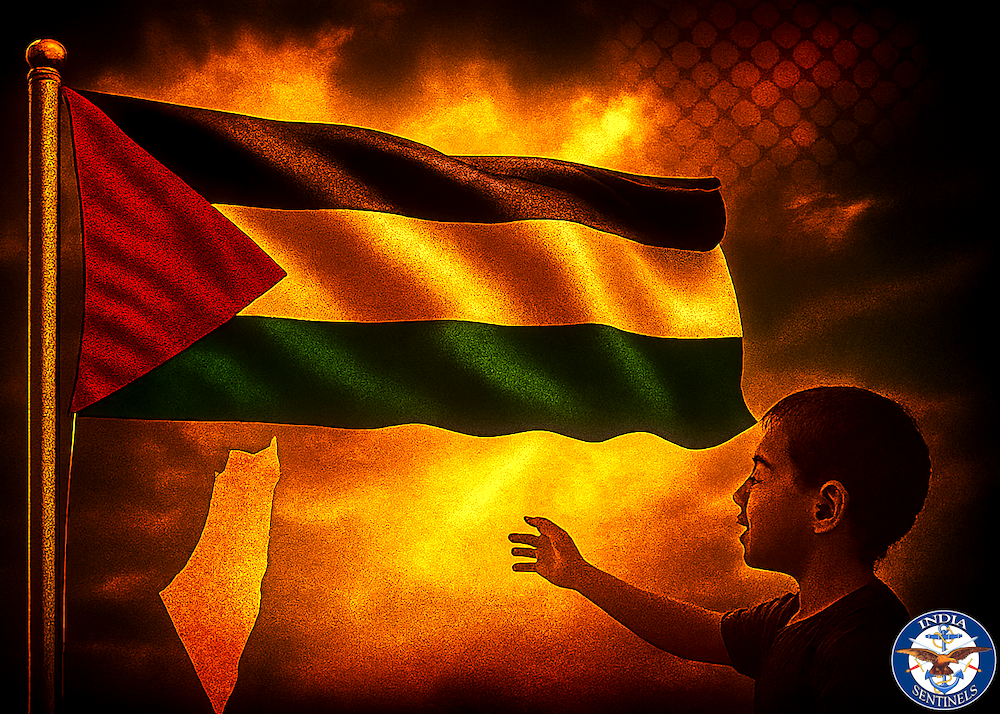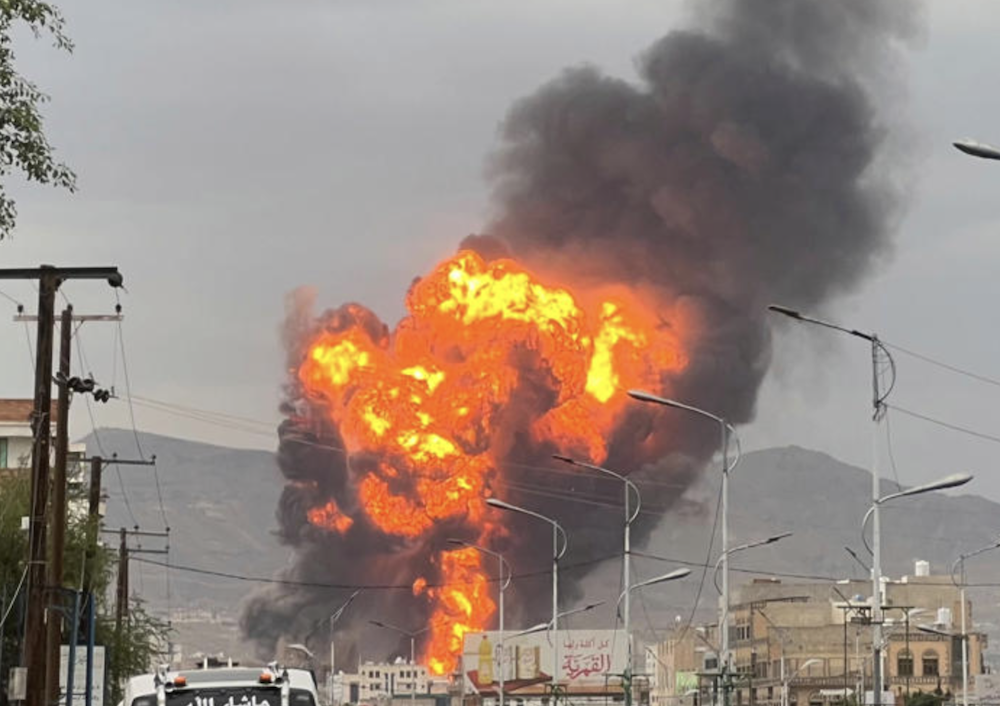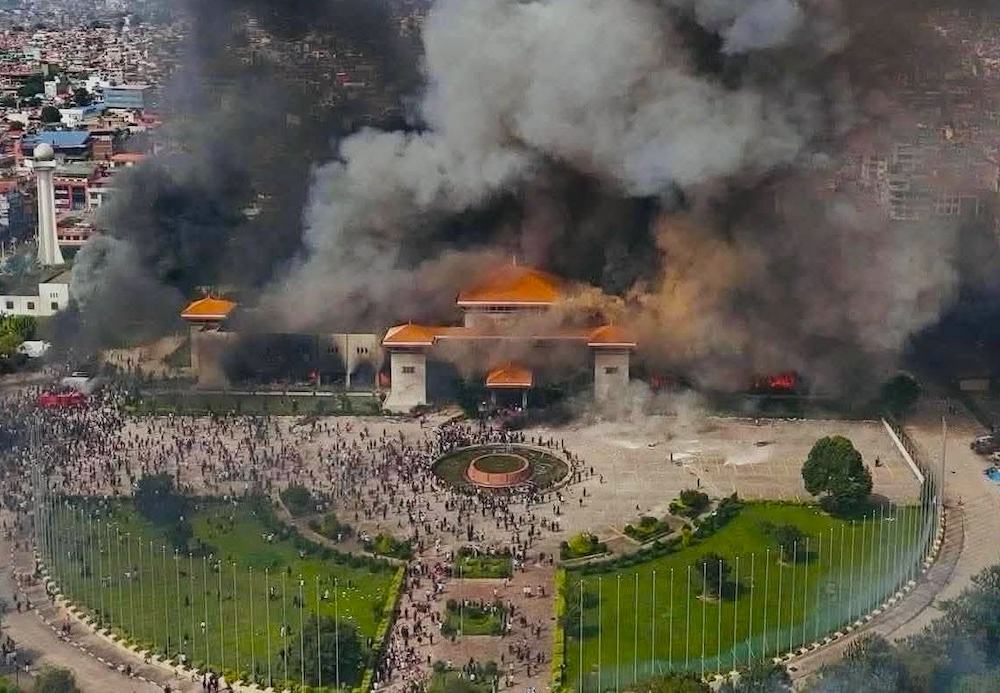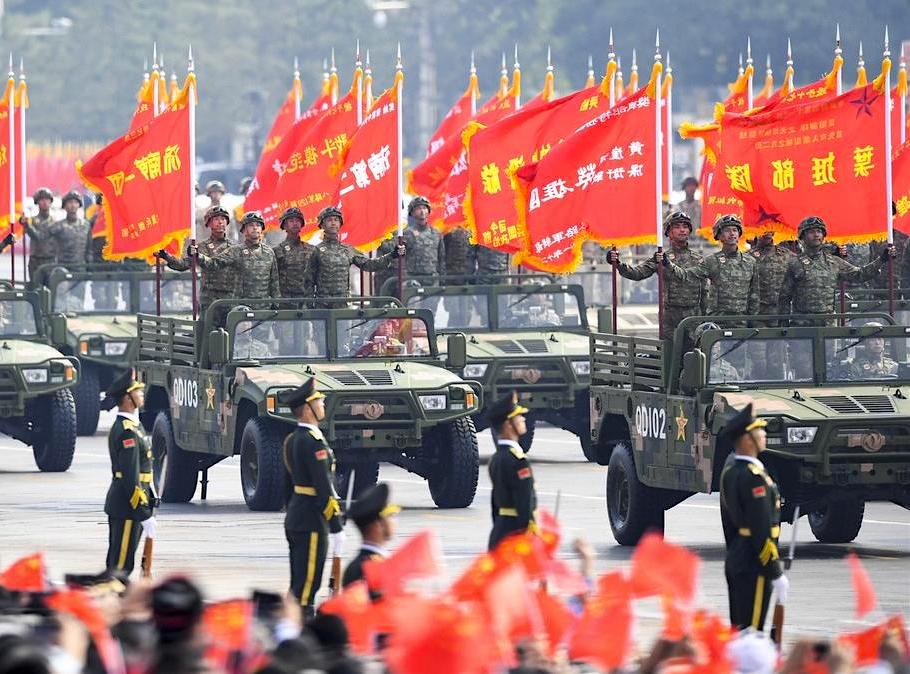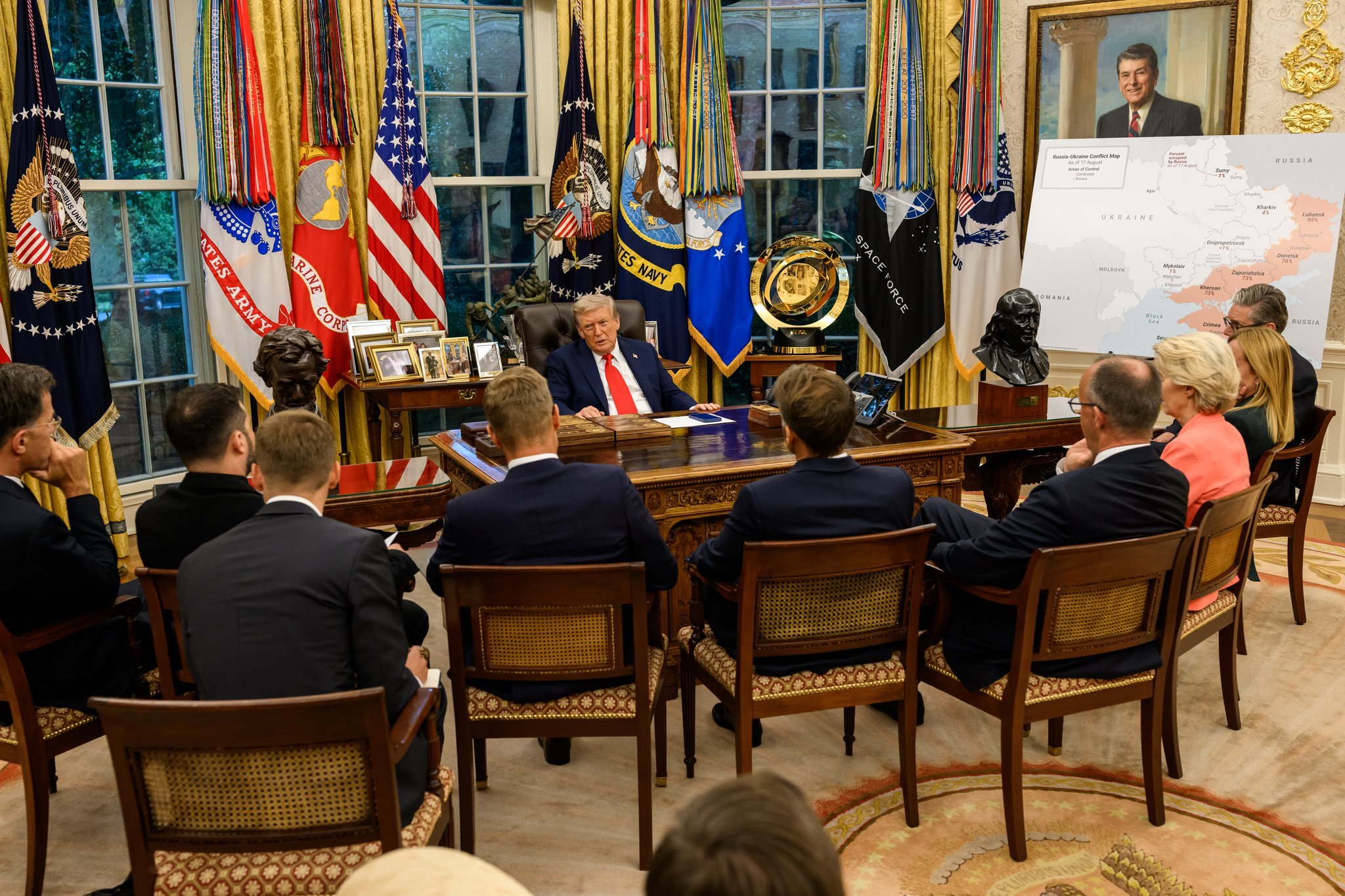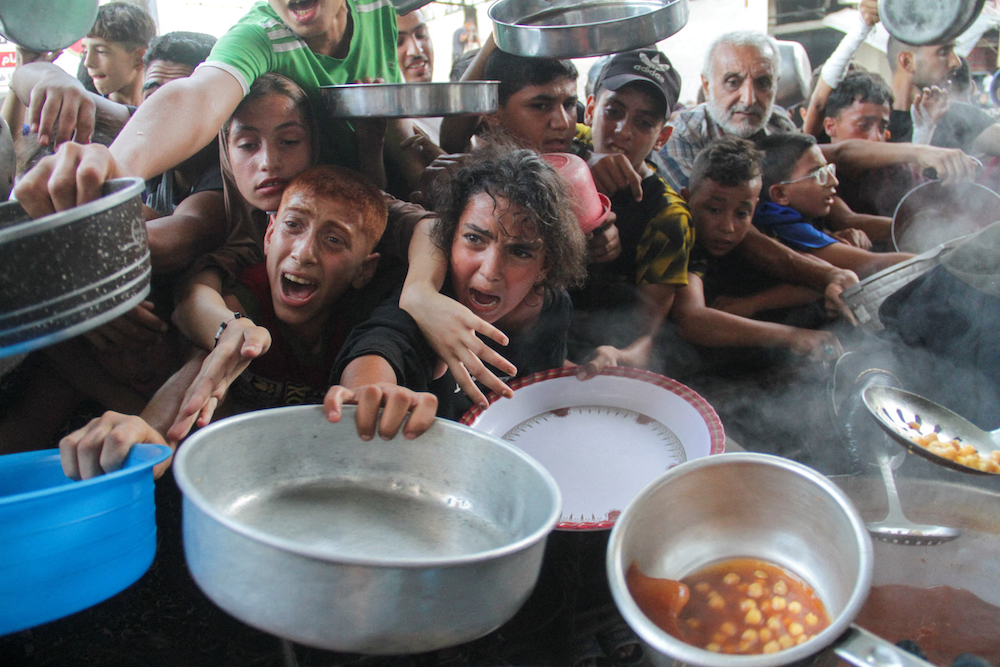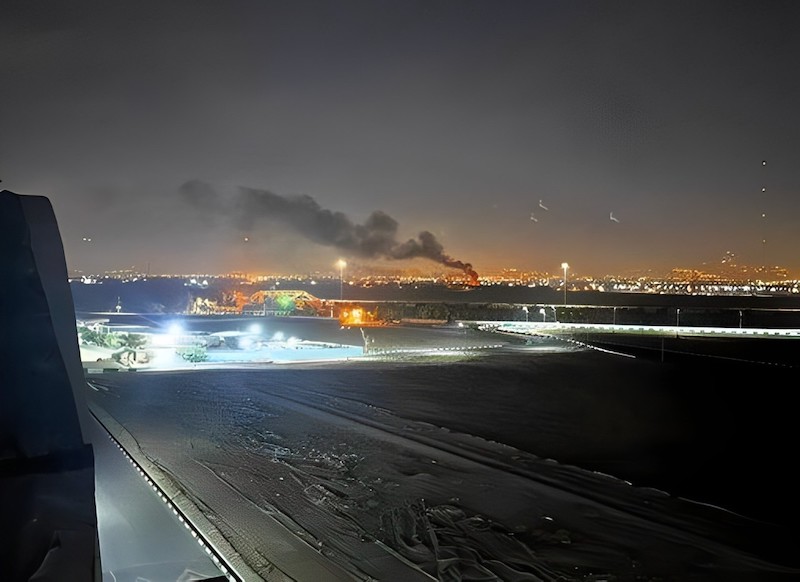 A plume of smoke is seen rising from a site outside the Tehran airport after an Israeli strike. (Photo via X)
A plume of smoke is seen rising from a site outside the Tehran airport after an Israeli strike. (Photo via X)
New Delhi: Israel launched an airstrike against military sites within Iran early Saturday in retaliation to Iran’s missile and drone strikes on Israel in April and earlier this month. This marks a significant escalation in the already tense relationship between the two nations.
According to Israeli military sources, the airstrike specifically targeted Iranian facilities suspected of producing missile components, in response to prior Iranian ballistic missile attacks on Israel, which had heightened regional instability. Israel’s strike aimed to dismantle Iran’s ability to supply missile technology to proxies like Hezbollah and Hamas, which continue to confront Israel from Lebanon and Gaza.
According to several media reports, around 100 Israeli warplanes, including F-35s and F-15s carried out the long-distance strikes in Iran flying over Jordan and United States-controlled Iraqi airspace with the help of midair refuellers. Reports said that Israel avoided hitting Iran’s nuclear sites and oil installation heeding to Washington’s warning not to do so.
The US said Israel had informed it prior to launching the strikes. Reports said that some of Iran’s missile- and weapons-manufacturing facilities were hit along with some radar and air-defence sites in the Israeli raid.
Iran later downplayed the attack and said four of its soldiers were killed in the raid.
Israel and Iran’s Reactions
Following the attack, the Israeli prime minister, Benjamin Netanyahu, described the action as “a necessary defensive measure” against what he termed Iran’s “direct aggression”. Netanyahu reiterated that Israel would “act decisively” to defend its citizens and prevent threats on its borders.
He also stressed on the necessity of striking deep within Iran to neutralize risks posed by missile production, adding that this operation was a warning against further provocations.
In contrast, Iran’s response was swift and stern. The Iranian president, Masoud Pezeshkian, condemned the airstrike, asserting it was an act of “war against Iran’s sovereignty”. The Iranian Revolutionary Guard Corps warned that Iran would reserve the right to defend itself under international laws and mentioned Tehran’s readiness to defend its territorial integrity.
Nonetheless, it also suggested that any ceasefire in Israel’s ground offensives in Gaza and Lebanon would prevent further escalation.
Global Response and Concerns
The international community has urged both sides to avoid further escalation. The United Nations security council convened to discuss the situation, with Iran claiming that Israel’s actions violated international laws. The US, Israel’s biggest backer, encouraged Israel to design its attack in a way that would deter further escalation.
Potential Consequences and Regional Impact
Analysts predict that this incident could trigger a broader regional conflict. The airstrikes risk pushing the two countries closer to all-out war at a time of spiralling violence across the Middle East. They further suggest that by targeting military sites and missile facilities, Israel is signalling that it seeks no further escalation for now.
However, the situation remains volatile, and any further actions could lead to a wider regional conflict.

